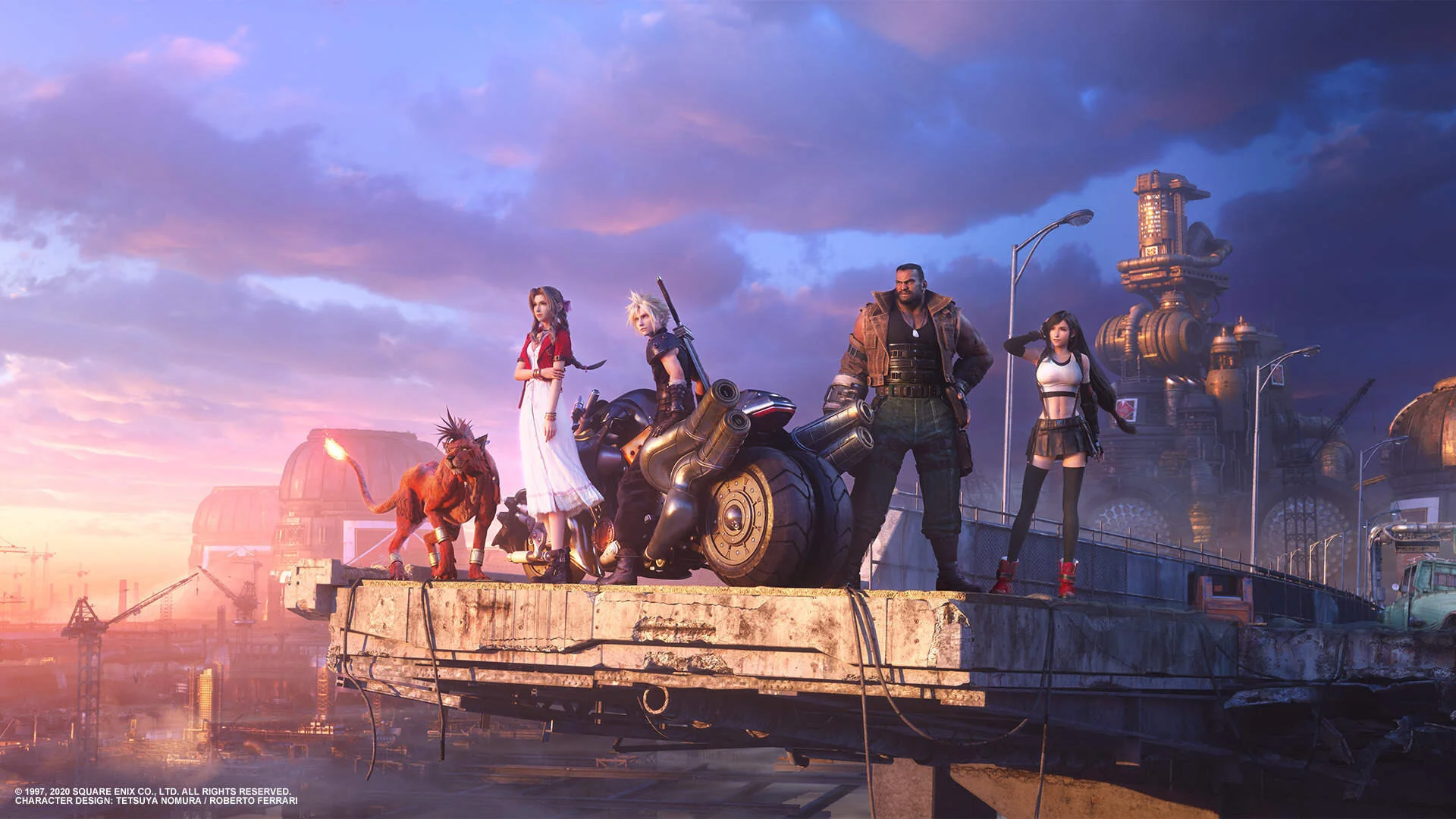Banjo-Tooie is a cautionary tale about what happens when you try so hard to create something revolutionary and new that you partially forget what made the original experience so magical for a lot of people.
All tagged Game Design
Final Fantasy VII Remake Stands as One of the Best Action JRPGs of the Last Decade
Final Fantasy VII Remake turned Final Fantasy VII into a game that I like into something that I am actively looking forward to seeing more of. It’s a special game that gives me a new degree of optimism and hope for the future of Final Fantasy - which is perhaps that greatest thing that Final Fantasy VII Remake could have possibly given me.
NieR Replicant Review: Ambitious Storytelling Excellence Marred by Underwhelming, Frustrating Design
Many people love NieR Replicant because of its ambition, unconventional approach to gameplay and storytelling, and such ambition is admittedly alluring. While it doesn’t shield my eyes from the clear issues that hold the game back from true greatness, I still feel that NieR Replicant is a game that deserves to be experienced, if only to get more people thinking about how games can continue to telling captivating stories only capable through the medium of video games.
Four Years On, The Legend of Zelda: Breath of the Wild Still Feels Magical
Breath of the Wild offers an unprecedented amount of adventure to the player - so much so that, even after four years, there are still many more adventures that the game invites players to embark upon. Breath of the Wild is ruthless in its devotion to keep players coming back to learn more and make more discoveries about it. That, above all, is what makes the game so unique and so magical, no matter how much time passes.
Cyberpunk 2077 Review: A Solid RPG Filled with Impressive Bright Spots and Impossible-to-Ignore Faults
Recommending Cyberpunk 2077 is tricky. While it has some significant issues in its gameplay and content, I truly feel that it’s worth experiencing just for the story missions that exemplify some of the best storytelling and worldbuilding that the cyberpunk genre has to offer. It’s truly rare to see a game that so well realizes its story, characters, lore, and world. It’s just a shame that so many gameplay systems and mechanics aren’t nearly as well-realized.
Final Fantasy VII Remake and Cyberpunk 2077: Two Opposite Sides of Hype Culture
There is no one-size-fits-all strategy to announcing a project, nor is there a one-size-fits-all strategy for promoting a game pre-release. However, the differences in CD Projekt Red and Square Enix’s approach to marketing their biggest titles of 2020 do highlight that some strategies are more healthy and responsible than others. In an age where hype culture is so prevalent in the realm of gaming and in a year where two games suffered significantly different fates in large part due to how they were hyped and presented to the public, the term “hype responsibly” rings ever true.
Assessing World and Narrative Size in The Legend of Zelda: Link's Awakening
Link’s Awakening is but one example of how smaller-scale design can nevertheless make a world feel as believable and immersive as it is tightly constructed and uninterested in wasting the player’s time. Through its tight design and consideration for making an experience that provides a consistent feeling of progression and gradually expanding sense of freedom and exploration, Link’s Awakening ended up provides an adventure that I recall very fondly - an assessment that is in large thanks to the title’s size.
Resonance of Fate Review: How Stellar Ideas Can't Make Up for Lost Potential
Resonance of Fate can only truly be appreciated by RPG faithful - and even then, I can’t guarantee that they’ll enjoy the plot nor the inevitable spike in difficulty in the late game. All others wanting to play something unique should unfortunately look elsewhere.
Axiom Verge Review: A Love Letter to Classic 2D Metroid Design, For Better and For Worse
Axiom Verge brings some of the best of what the Metroidvania genre has to offer: satisfying exploration, tons of collectibles, and an immersive world dripping with atmosphere. Unfortunately, Axiom Verge also brings with it some clunky combat mechanics and an inability to implement all of its tools as effectively as other standouts in this genre. But its weaknesses shouldn’t take away from what Axiom Verge is - a satisfying, intriguing adventure that is enhanced by its excellently realized world and intelligent story.
Celeste and the Symbiotic Relationship of Difficulty and Narrative
Everyone who plays Celeste will learn about how to learn and and get through hardship, which, in so doing, teaches its audience about mental health and illness, a topic that many pieces of media struggle to effectively talk about, and how it can be coped with. It is for teaching that lesson to its players that Celeste’s management of its difficulty and narrative serves can only be considered as masterful.
Red Dead Redemption 2 and the Open World Question
In a time where open world games are becoming more and more common, I feel that now is as an important a time as ever to bring into question when an open world enhances a game, and when it drags the entire game down. If this genre is to have a healthy future moving forward, it needs to be known when an open world game has mechanics that makes use of its open world and when it lacks mechanics that can cause much of its world to go ignored and uninhabited by players.










